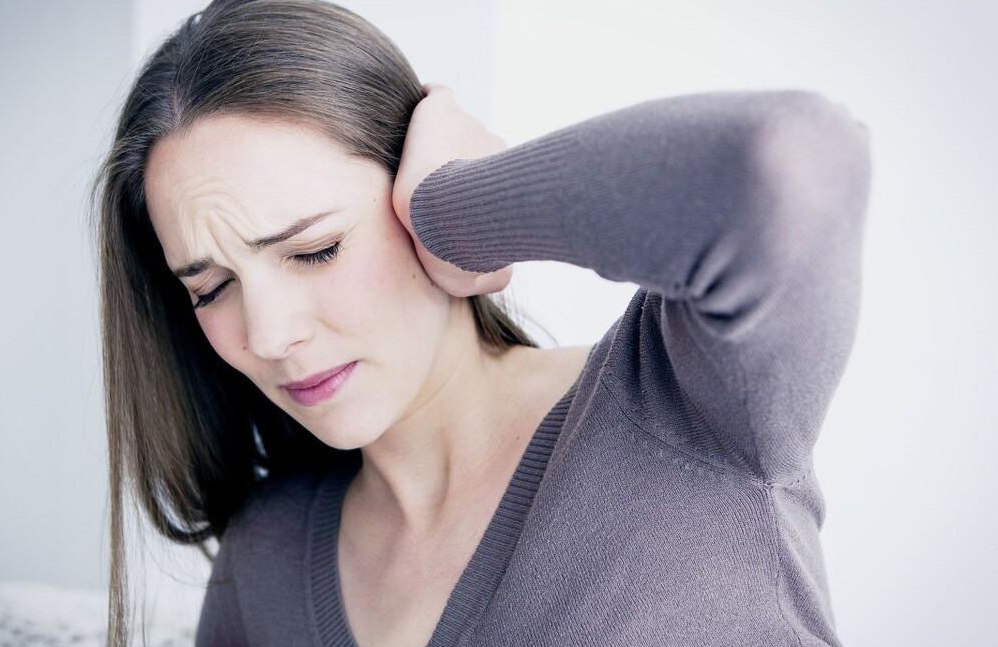
Many people have had the experience of small bugs in their ears, at this time, the "experienced" old man will tell you to drop a few drops of sesame oil into the ear, and the bugs will come out. Does this "ancestral recipe" really work? The doctor said this would only make it harder to get the worm out. So, what should you do if you have a foreign body in your ear? Today, I will share some handling tips with you.
What can we put in our ears?
You know what? The ear is a magical place that can actually hold a lot of things. If you don't believe me, let's take a look.
Having a moth ear; Having cotton swabs entering the ear; There are cockroaches in the ears of pregnant women. Clinically, we have encountered an electric welder, sparks splash into the ear, because there is an impact when splashing into the ear canal, through the eardrum, into the middle ear.
To prevent further infection, the patient was admitted to the emergency hospital and the foreign body was removed surgically. Think about if the doctor is not a fire eye, it is really difficult to find.
External auditory canal foreign body type: animal foreign body, such as insects and so on.
Among all kinds of insects, the cockroach is the most common, because it likes the dark and humid environment, think of the ubiquitous cockroach, actually walking in your ear, is not very scary; Vegetative, such as beans, wheat grains, etc.; Non-biological foreign bodies, such as small toys, stones, yarn strips, silly putty, etc., this situation is more common in children.
Note that both of these approaches are absolutely wrong
The size, shape, location and type of foreign bodies vary, and the clinical manifestations of foreign bodies in the ear are also different:
For small, non-irritating foreign bodies, may persist for a long time without any symptoms; Large foreign bodies can cause ear pain, tinnitus, hearing loss, reflex cough and so on.
Live insects can crawl in the external ear canal, which can cause severe ear pain and tinnitus; When the plant foreign body expands in contact with water, it can compress the external ear canal or cause local inflammation, resulting in swelling and pain in the ear. The deeper the location, the more obvious the symptoms are.
Foreign objects such as cotton swabs, pencil tips, branches and hair clips that easily penetrate the eardrum often cause pain, dizziness, ear discharge, and even hearing loss and facial paralysis.
Note that the following two practices are absolutely wrong!
First, an insect that tries to pull itself out into its ear.
You do that, you accidentally kill the bug, you end up with the body in your ear and you increase your risk of infection.
The second is a random drop of vegetable oil. This will only make it harder for the doctor to remove the bug.
Foreign bodies are treated differently
The following, to recommend to you for different foreign bodies in the ear, the corresponding treatment measures:
- For round and smooth foreign bodies, instruments such as foreign body hooks can be used to cross the foreign body along the gap and hook it out.
For children who cannot cooperate, do not use forceps to pick up, to prevent foreign bodies pushed into the deep and damage to the eardrum, foreign bodies can be removed under general anesthesia.
- When the foreign body is small, it can be washed out by rinsing method.
Irrigation contraindications: combined with otitis media, tympanic membrane perforation; The eardrum is damaged and perforated by foreign bodies or combined with foreign bodies in the middle ear; Vegetative foreign bodies (such as beans) are easy to expand when exposed to water; Sharp, angular foreign bodies; One who reacts chemically with water, such as lime.
-
Live insects can be dropped in 2% tetracaine, 70% ethanol, etc., and removed with tweezers or rinsed after anesthesia. Small flying insects are common in summer, and can also be tried to lure out by light.
-
Plant-based foreign bodies that have been swollen should be dripped with 95% ethanol to dehydrate them and then removed after shrinking. Fragile foreign bodies can also be extracted by means of an aspirator.
-
If there is secondary infection in the external ear canal, anti-infection treatment should be performed first, and foreign bodies should be removed after the inflammation subsides, or active treatment of external ear canal inflammation should be performed after removal.
In addition, it is reminded that you should pay attention to ear hygiene and do not use cotton swabs to pick your ears; For children, parents should check or ask irregularly. Once foreign bodies in the external ear canal are found, do not try to remove them by yourself, because multiple attempts will reduce the success rate of foreign bodies in the external ear canal and even increase the possibility of complications.

